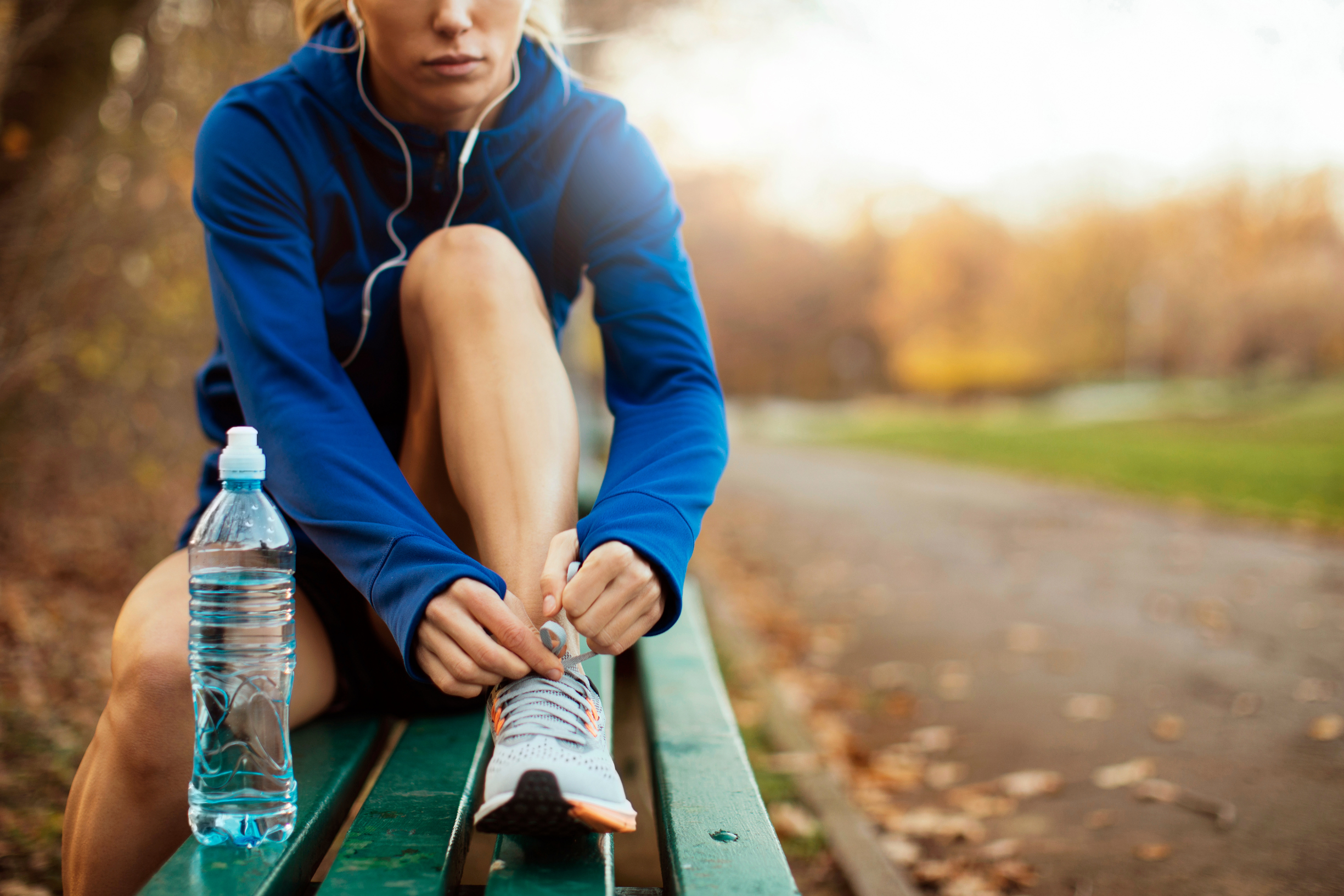When it comes to exercise, we often focus on the right workout routines, the best gear, and nailing down nutrition. However, one crucial element that sometimes gets overlooked is hydration. Staying hydrated is a huge aspect of maximizing exercise performance, preventing injuries, and ensuring safe recovery.
Let’s explore how water aids in exercise and why it should be a top priority in your fitness regimen.
The Role of Water in the Body
Water makes up about 60% of your body weight and is vital to nearly every bodily function. It helps regulate body temperature, transport nutrients, remove waste, lubricate joints, and facilitate digestion. During exercise, your body’s need for water increases due to sweating and increased metabolic activity. Without adequate hydration, your body cannot perform at its best.
Water Enhances Performance
One of the primary ways water aids in exercise is by enhancing physical performance. Dehydration, even at mild levels, can decrease strength, power, and endurance. This is because water is crucial for maintaining blood volume, ensuring that your muscles receive enough oxygen and nutrients during workouts. When you’re dehydrated, your heart has to work harder to pump blood, leading to quicker fatigue and diminished performance.
Losing hydration can decrease strength, reduce endurance, slow reaction times, and cause less coordination. Staying hydrated helps maintain optimal blood volume and ensures muscle function efficiently.
Water and Temperature Regulation
During exercise, your body generates heat, which needs to be dissipated to prevent overheating. Water plays a crucial role in this process through sweating and evaporative cooling. When you sweat, your body loses water, which helps cool your skin and regulate your internal temperature. However, excessive sweating without adequate water replacement can lead to dehydration and heat-related illnesses, such as heat exhaustion and heat stroke.
Proper hydration helps your body regulate temperature effectively, allowing you to exercise safely and comfortably, even in hot conditions. Drinking water before, during, and after exercise helps replenish the fluids lost through sweat and stabilizes your body temperature.
Water Prevents Cramps and Injuries
Dehydration can increase the risk of muscle cramps and injuries. Water helps to keep your muscles lubricated, and joints cushioned, reducing the likelihood of strains and sprains. When you’re dehydrated, your muscles are more prone to cramping and fatigue, which can negatively impact your workout and increase the risk of injury.
Proper hydration also ensures that your tendons, ligaments, and joints are well-lubricated, enhancing flexibility and reducing the risk of joint-related injuries. This is especially important for high-intensity or endurance exercises, where the demands on your muscles and joints increase.
How Hydration Improves Recovery
Post-exercise recovery is a critical aspect of any fitness routine. Water plays a significant role in this process by aiding in the repair and rebuilding of muscles. After a workout, your muscles need to recover and rebuild, which requires adequate hydration to transport nutrients and remove metabolic waste products.
Drinking water after exercise helps to flush out toxins, such as lactic acid, which can build up in the muscles and cause soreness. Proper hydration also supports the delivery of essential nutrients to your muscles, aiding in faster recovery and reducing the risk of prolonged soreness and fatigue.
Practical Tips for Staying Hydrated
To maximize hydration benefits during exercise, developing good hydration habits is essential.
Here are some practical tips to help you stay properly hydrated:
- Pre-Hydrate: Drink water before your workout to ensure you start off hydrated. Aim for at least 500 ml (about 17 ounces) of water an hour or two before exercising.
- Sip During Exercise: Keep a water bottle with you and take small sips throughout your workout. The amount of water you need will depend on the intensity and duration of your exercise and the temperature and humidity of your environment.
- Rehydrate Post-Exercise: Drink water to replace the fluids lost through sweat after your workout. A good rule of thumb is to drink at least 500 ml of water for every pound of body weight lost during exercise.
- Monitor Your Urine: A simple way to check your hydration status is to monitor the color of your urine. Light yellow urine typically indicates proper hydration, while dark yellow or amber urine suggests you need to drink more water.
- Incorporate Electrolytes: For longer or more intense workouts, consider drinking water with added electrolytes to replace the minerals lost through sweat. Electrolytes, such as sodium, potassium, and magnesium, are essential for maintaining fluid balance and muscle function.
Key Takeaways
Water is an indispensable ally in your fitness journey. Staying properly hydrated can enhance your physical performance, regulate body temperature, prevent cramps and injuries, and improve post-exercise recovery. Make hydration a priority in your exercise routine, and you’ll reap the benefits of better workouts and faster progress toward your fitness goals. So, grab that water bottle and keep sipping your way to a healthier, stronger you!




